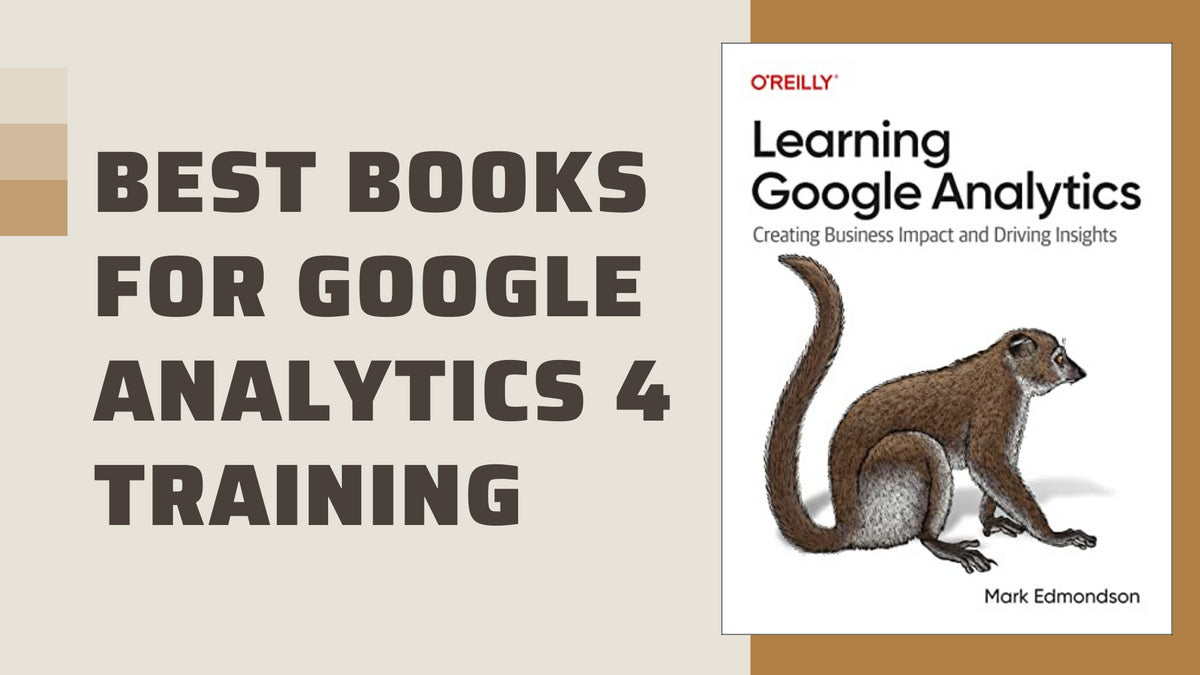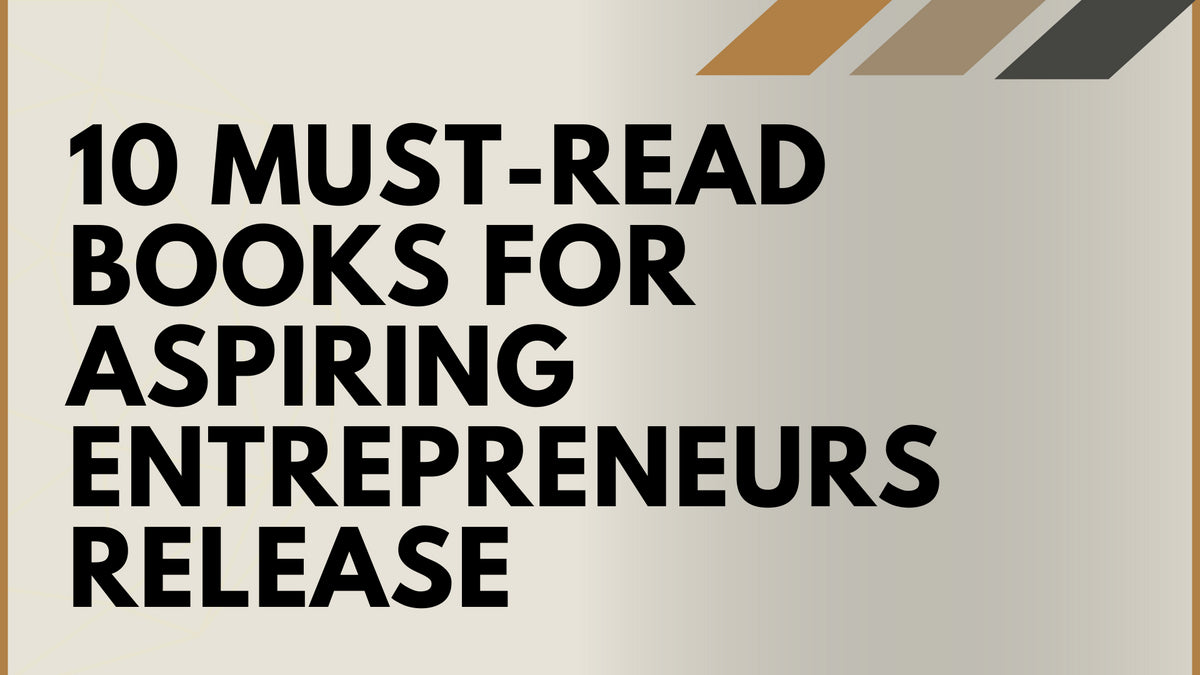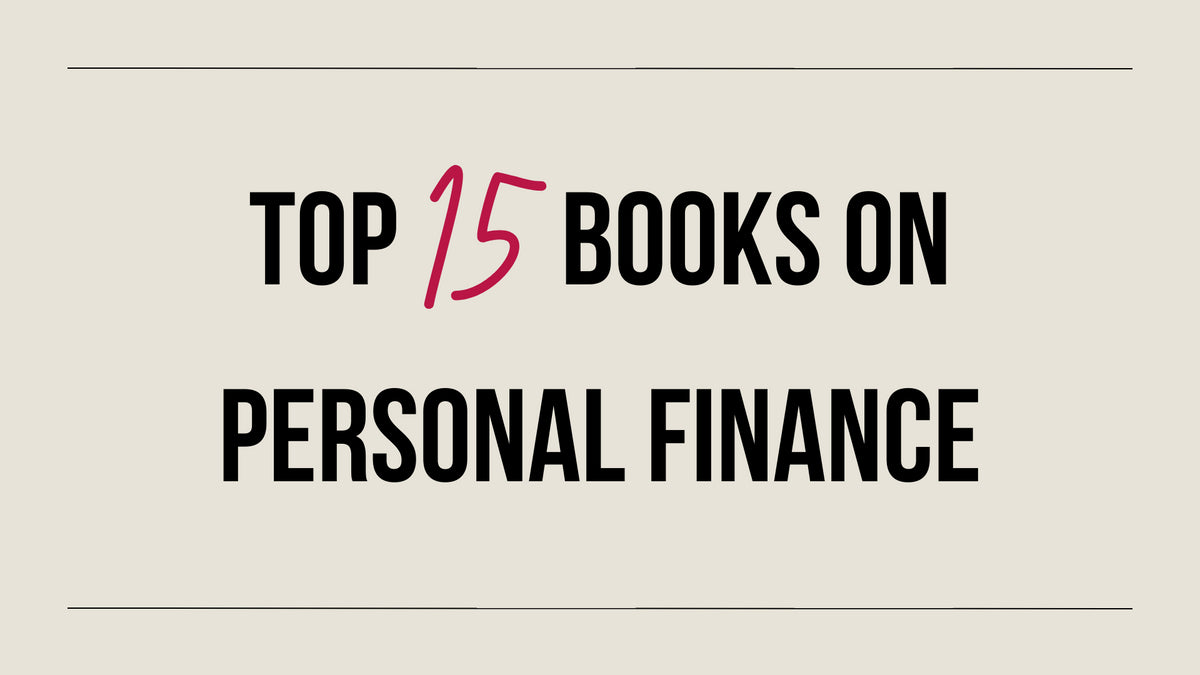Your Cart is Empty
Fascinate Book Summary: Create A Demand Generation Strategy
Listen To This Article
Expert Demand Generation Strategy
It does not matter how a brand sees consumers. It matters how consumers see the brand. The brain becomes fascinated by something, and for branding products that means finding the right messaging to create the fascination or intense focus. Marketing messages should make consumers anticipate and connect with the brand's emotions and values. They must make consumers fascinated for some reason. Understanding the Languages of Fascination to create focus is a first step because the adjectives drive the right messaging and tactics. It is a planning process that leads to creative ideas that make consumers feel an emotional connection to the brand’s message.
Learn To Leverage Customer Fascination
- Different is better than better in branding
- Anticipation is stronger than fulfillment
- Fascination is a state of intense focus that creates anticipation and must precede action
- People want to be fascinated and to be fascinating
- The seven Advantages or Languages of Fascination can create a state of intense focus for marketing purposes
- When people buy a product, they are buying the emotions, values, connotations, and priorities of a brand
- The adjectives that drive the Languages of Fascination, and the tactics for plan implementation, are guides for developing the right brand messaging
- How to use a five-step action plan for creating fascination in consumers
- How to complete a template to customize brand messaging to create fascination
Fascinate Book Summary

Featured In This Review
Fascinate
$22.47
A book about how to create evocative and demand generating marketing and communication strategy. Endear prospects and customers to your brand!
SHOP NOWIn the original book Fascinate, Sally Hogshead described the seven ways brands can fascinate people. She explains that she explored the “why” but not the “how” of captivation of brands by people and ideas. This rewrite of the original book goes deeper into the branding algorithm, the formula for solving a problem with predictable steps. Hogshead’s algorithm is a template for creating ideas and fascinating customers to move them to action.

Hogshead defines fascination as a “positive force of attraction that allows you to make sure your message is heard and remembered.” When fascinated, you experience spellbinding focus, lose track of time and the surrounding world is completely focused on a person or message. After conducting a special study on fascination, the research found that brands need to help customers feel more fascinating to others and people want to feel fascinated by a product or experience. The conclusion was that companies will add more value and become more competitively effective by identifying and applying their plan for persuasion. It is a different take on a similar strategy discussed in the book They Ask You Answer in which the goal is to attract customers by offering useful targeted content that persuades, rather than pushes products in a heavy-hitting manner.
Want to buy a book review like this?
Click here to learn how to get your book reviewed!
The seven Languages of Fascination are forms of persuasion. They are innovation (language of creativity), passion (language of relationship), power (language of confidence), prestige (language of excellence), trust (language of stability), mystique (language of listening), alert (language of details). There are many stories of how fascination works. The first one talks about the bad taste of Jägermeister, yet people drink it despite the poor taste. Bottom line: Downing a shot of the bad tasting liquor becomes a medal of honor. The point is that a person drinks the shot because it tastes bad and not despite it. How does a brand sell a product that people do not really want to buy?

It comes down to the fact that people buy particular brands because they are buying more than the product. They are buying an experience. The law of perception (law 4) in the book The 22 Immutable Laws of Marketing presents the same concept. Marketing is mostly about how people perceive products and not about the product itself. People who buy the terrible tasting Jägermeister shot, especially a group of people, are not buying a drink. They are buying something different that announces things are going to get more exciting. It is a brand promise and a fascinating quality. In advertising, communication around the brand qualities that make them fascinating enable stronger competition.
One example of how fascination works shared in the book: Jägermeister effectively created a new market instead of battling competitors, a strategy promoted in the book Blue Ocean Strategy. Jägermeister has a market with virtually no competitors because other liquors are purchased primarily for their taste. Diving into the biology of fascination, Hogshead explores how the brain works. Fascination is the most basic form of attention, explaining people’s constant reading of facial cues. It is so basic that the brain has a specific region for recognizing, interpreting and responding to facial cues. In fact, brands use facial fascination to access involuntary perceptions. For example, a tire retailer puts animated eyes and a smile on a stack of tires, and those tires now have a personality. The consumer thinks it is cute or funny, but it is a purposeful maneuver. The smile is a powerful visual cue, but it actually begins with changes in the face and voice.

One of the important messages in this book is the old ways of marketing, in which messages were repeatedly drilled into people’s brains, are no longer effective in the age of technology. The average attention span is now nine seconds long, largely due to the constant messaging from voicemails, emails, tweets, apps, web browsing and videos. A brand must gain the consumer’s interest during those nine seconds by developing a clearly established route versus a slew of messages that lose a person’s attention.
The three main threats marketers face are distraction, competition and commoditization, in which people are assumed to be all the same. Marketing fails because of these threats, whereas fascination built into marketing is a crafted message people want to hear and become involved in. Developing messages that fascinate is using the psychology of persuasion, explained in the book Influence.
Brands that speak in the right Advantage (language of fascination) first identify what makes the brand different. Different is better than better is one of the book’s main themes. From this point, Hogshead dives into explanations of the seven forms of persuasion which can make a brand impossible to resist. She presents the Fascinate System for establishing the brand’s overall voice. The company identifies the brand Advantage, describes its brand in terms of adjectives and uses them to drive communication. People laughed at the Charmin bath tissue advertisements, but the book Hey Whipple Squeeze This explains why consumers were fascinated by them and how the company’s sales skyrocketed by rising above the noise to make a marketing impact.

The Innovation Advantage is the language of creativity, challenging assumptions and pushing people to think differently. A brand differentiates itself by crafting messages that are forward-thinking, entrepreneurial, bold, surprising and visionary. Hogshead believes this is the most important Advantage today which is why it is first. The book Creativity, Inc. explores promoting creativity in business because creativity is the heart of innovation. The Innovation Advantage is the language that showcases the company’s creativity through branding.
Fascinate shares the Passion Advantage is the language of relationship. Brand messaging is expressive, optimistic, sensory, warm and social, and applying optimism and energy to build relationships.
The Power Advantage is the language of confidence. Messaging is assertive, goal oriented, decisive, purposeful and opinionated, making the brand an authority.
The Prestige Advantage is the language of excellence. Prestige brand messaging is ambitious, results oriented, respected, aspirational and elite, using admiration to increase brand value.
The Trust Advantage is the language of stability. Brand messaging is stable, dependable, familiar, comforting and predictable, repeating and reinforcing patterns.
The Mystique Advantage is the language of listening. The mystique brand messaging is observant, calculated, private, curiosity provoking and substantive, careful about what is revealed to prompt curiosity. The
Alert Advantage is the language of details. Messaging is organized, detailed, efficient, precise and methodical, designed to prevent problems. Choosing the right branding language is another way of giving the consumers most likely to become long-term customers what they want, an important concept in the book Give ‘Em the Pickle.

The next chapters delve into a plan for developing fascinating messages. The author discusses tactics within the context of each Advantage. Tactics are ways to achieve an outcome, reach a targeted audience or solve a problem. For example, if the brand’s advantage is Innovation, invent solutions that challenge tradition to change the game. If it’s the Mystique Advantage, the marketer will reveal little information to get people thinking. Hogshead spends considerable time providing explanations and examples of tactics for each Advantage. Like Fascinate, the book Building A Storybrand discusses the constant, on-demand distractions customers deal with daily and suggests storytelling is an excellent tactic for engaging humans. Storytelling could use any of the languages of fascination to connect with customers.
Hogshead presents a five-step action plan for developing a fascinating brand message. It is a methodical approach, and that is appreciated. Many business advice books never present an actual implementation plan. They speak in generalities, but the book Fascinate is a practical guide offering a template for action for developing a brand message. It offers many real-world examples of effective and ineffective marketing and particularly in advertising. There are more stories, ideas and exercises in the book Sticky Branding, if needing additional help understanding how to make a brand recognizable.
At the end of the book, Hogshead explains the specialty adjectives in more detail and offers a glossary of terms. The other excellent characteristic of this book are that the advice applies to all sizes of businesses, from the entrepreneur to the megacorporation.
About The Author Sally Hogshead
A Duke University Graduate, Sally Hogshead created the Fascination Advantage, the first personality assessment that measures how other people perceive you. The algorithm can identify the most valuable differentiating traits. Now called the Fascinate test, it was developed based on research she conducted with dozens of Fortune 500 teams, hundreds of small businesses and more than a thousand C-level executives. The Fascination Test has been completed by more than a million individuals and implemented at companies like IBM and Twitter.
Hogshead is an early achiever. After starting her career, she quickly became one of the advertising elites, writing commercials for famous brands like Nike, Coca-Cola and Godiva. At the age of 24, she was the most award winning copywriter in the U.S. Hogshead opened her first ad agency at age 27 in Los Angeles. By the age of 30, her work was hanging in the Smithsonian Museum of American History. She is a Winner of a Cannes Lion, Clio statue and $100,000 Kelly Award for Best Campaign of the Year. Hogshead has now led campaigns to over $1 billion in advertising.
Sally Hogshead is currently the CEO of her company How to Fascinate. She frequently appears in national media like the New York Times and NBC’s TODAY show. She has been named twice as the #1 Global Brand Guru and is one of 200 professional speakers since 1977 to be inducted into the CPAE Speaker Hall of Fame.
Sally Hogstead’s first book was Fascinate: Your 7 Triggers to Persuasion and Captivation (2010), followed by How the World Sees YOU (2014) which is a New York Times Bestseller. In 2016, Fascinate, Revised and Updated: How to Make Your Brand Impossible to Resist was published and expands on the first Fascinate book. The revised Fascinate is also a New York Times Bestseller.
The Fascinate personality test is available online. Hogshead publishes a Fascinate blog and has a YouTube channel. She also maintains social media accounts on Facebook, Instagram, Twitter, and LinkedIn.
Want to buy a book review like this?
Click here to learn how to get your book reviewed!
Leave a comment
Comments will be approved before showing up.
Also in Books

The Best Books for Google Analytics 4 (GA4) Training
Unlock the secrets of Google Analytics 4 with our curated list of the best GA4 training books for 2023! Dive deep into actionable insights, master advanced techniques, and lead the digital analytics revolution. Don't get left behind; discover the ultimate resources to dominate GA4. Click now to elevate your skills!
Read More
10 Must-Read Books for Aspiring Entrepreneurs
Do you dream of starting your own business? If so, you need to read this article! We've compiled a list of 10 must-read books for aspiring entrepreneurs. These books will provide you with the knowledge and inspiration you need to turn your dream into a reality. Click here to read the article and learn more!
Read More
Top 15 Books on Personal Finance
Are you looking for a safe and informative place to learn about personal finance? If so, you've come to the right place! This article discusses the top 15 personal finance books on the market, all of which are sure to help you improve your financial situation without any explicit sexual descriptions or that is sexually suggestive in nature or is primarily intended to cause arousal.
Read More